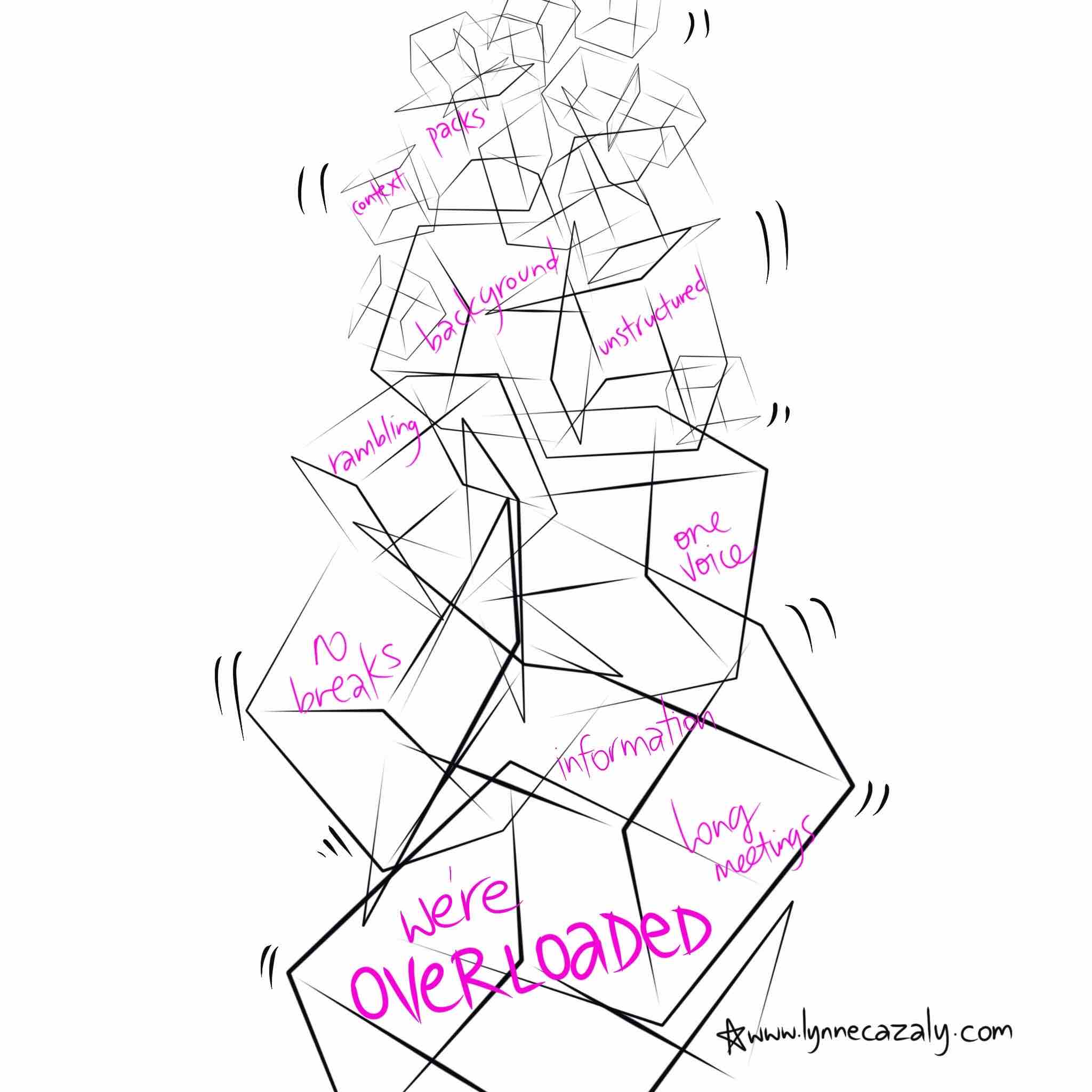What happens when you 2x the speed
 Monday, December 2, 2024 at 5:54PM
Monday, December 2, 2024 at 5:54PM Busy busy and no time to watch a replay or trying to catch up on a podcast or learning video?
It’s just a tap or two and we accelerate the speed of it all 1.1, 1.3, 1.5 and 2 x … still barely holding the threads of the information together.
But more ⏩⏩ than that and we struggle to comprehend and catch the nuances in the story, the style and the speaker.
And how s l o w can it seem when you go back to 1x or even 1.5 speed?
Tip for speakers and trainers, online or not - keep it pacey!
But back to the fast forwardness of information and replays. I think we
want to know we’ve watched it and we’re keen to keep FOMO at bay.
And so at what cost all of the speeding?
This HuffPost piece by Monica Torres reveals the thinking that we do in those spaces between words and ideas. So if the spaces are gone … perhaps the thinking opportunities are deleted too.
And our self control could be suffering too. You know that feeling of impatience and irritation. Come on — hurry up!
Remember though you’ve still got control over the pause button even when you do 2x.
You can continue to think and allow time for thinking.
But it’s another version of the changing nature in how we are desperately addictively trying to handle the increasing flow of information.
We’re just ⏩ ⏩ ⏩ 😩



















